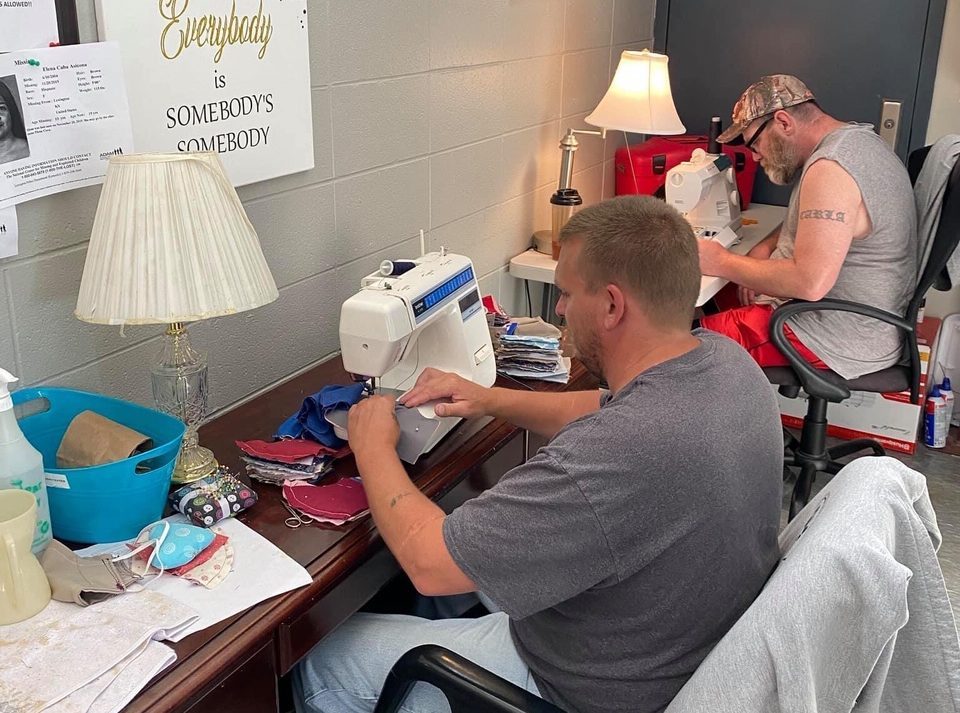This article was originally published by Ohio Valley ReSource.
More than 50 Ohio Valley coal companies received loans totaling as much as $119 million through the Paycheck Protection Program meant to keep people employed during the pandemic’s economic downturn.
Congress passed the PPP in March to help businesses keep employees on the payroll and out of unemployment lines. The data released by the Small Business Administration does not show specific dollar amounts for the loans, but rather categorizes loans into ranges such as $150,000 to $350,000 at the lowest end, and $5 million to $10 million at the upper end.
Six Ohio Valley coal companies fell into that high-dollar category, including Rhino Energy, whose former CEO David Zatezelo currently heads the federal Mine Safety and Health Administration.
Five subsidiaries of Lexington, Kentucky’s bankrupt Blackhawk Mining received loans totalling as much as $14 million. Four of those five subsidiaries reported that zero employees would be affected by the loan. A spokesperson from Blackhawk did not immediately respond to requests for comment.
Lexington-based Ramaco Resources, with mines in Pennsylvania and West Virginia, indicated 381 jobs would be affected by the program, according to SBA records.
And according to ProPublica, coal companies associated with West Virginia’s billionaire Governor Jim Justice’s family received up to $12 million from the program. Many of the Justice mines have long histories of failures to pay mine safety fines and taxes.
Employment in the coal sector is uncertain in the best of times; some coal miners say they head underground each shift well aware that they may not have a job when next they see daylight. The pandemic has only worsened the prospects for miners. Just 43,800 Americans were employed in the coal industry this June, down from 51,000 last December, according to the Bureau of Labor Statistics. And a wave of bankruptcies has now overtaken most of the region’s coal producers.
Black Gold Oddities
To incentivize companies to use the funds to preserve jobs, PPP loans are eligible for forgiveness — meaning companies don’t have to pay the government back — if the loans are used to cover employee wages, benefits or tips.
Indiana-based American Resources Corporation, which has mines in Kentucky and West Virginia, received as much as $5 million through the program, even though the company has come under fire for failing to pay its employees long before the pandemic hit. In a recent bankruptcy court hearing, Judge Gregory Schaaf urged ARC attorney Billy Shelton to use the loan instead to pay court fees, foregoing the possibility of forgiveness at a later date.
If ARC chooses that path, it would put a further financial strain on a company that is already teetering under the weight of new liabilities it acquired last year.
“I would expect [ARC] to liquidate given current market conditions and available liquidity,” said Josh Macey, Assistant Professor at the University of Chicago and an expert on coal-company bankruptcies in reference to ARC’s financial standing at the time of the bankruptcy hearing. “There is just not enough cash right now for them to keep operating.”
The PPP loans come amid a historic downturn in the coal industry, which has only been made worse by the coronavirus pandemic. New renewable energy plants are cheaper than new coal plants “virtually everywhere,” according to a recent report, and the retirements of Ohio Valley coal-fired power plants mean the market for the resource will likely continue to worsen.



